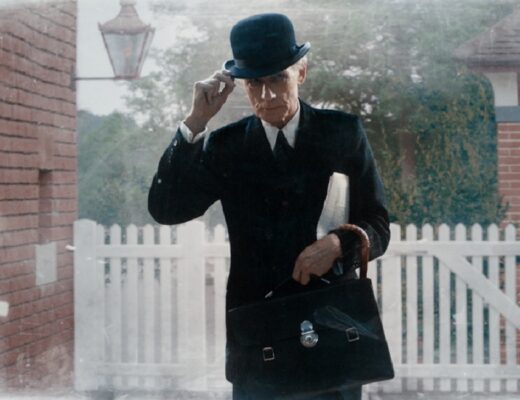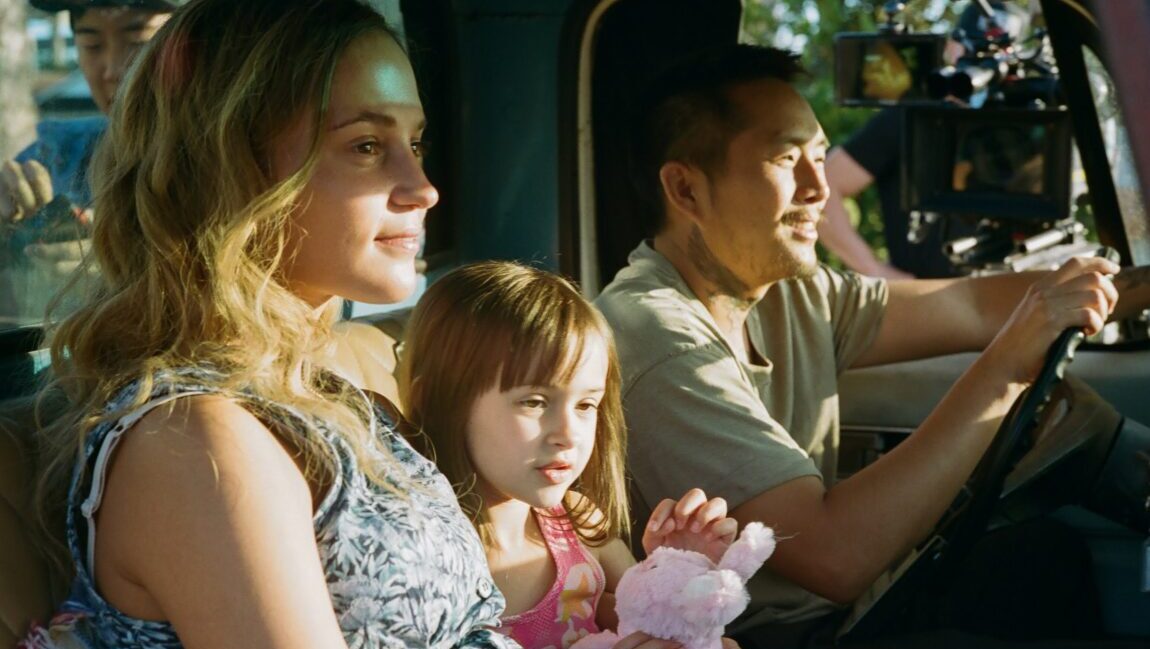Maggie Barrett and Joel Meyerowitz are a fascinating couple, and Jacob Permutter and Manon Ouimet’s new film about their marriage, Two Strangers Trying Not to Kill Each Other, is a triumph of documentary trust and access. Able to harness the turbulent brilliance of their creative partnership from its lowest points to its highest, Two Strangers is a quotidian drama about sublimation, ego, and reconciliation that is so natural and effortlessly realized that you sometimes forget that Maggie and Joel know they’re being documented.
Maggie and Joel’s relationship, 30 years long as we’re introduced to it, finds itself at a crossroads when Maggie has a fall at their home in Tuscany, fracturing her femur in two places, and leaving her in agony and bedridden for weeks. Joel, her world-famous photographer husband, selflessly cares for her while continuing his busy, public-facing life, but when she’s back on her feet, Maggie’s perception of their relationship is not quite the same.
Seemingly long-brewing resentments about Joel’s fame and artistic success in relation to Maggie’s years-long struggles to find the same bubble to the surface. This well-trodden domestic scenario finds new life thanks to the utter sincerity and irrepressibility of Maggie’s presence. Her anger is a lightning bolt, her sorrow a crashing wave against Joel’s reserved demeanor. In one scene, a 10-minute unbroken take of Maggie releasing all her frustration in one searing monologue, Joel’s reflection meekly sits below her. Maggie, on the other hand, is seen clearly, her face unmediated by any object in the room. It’s a simple and effective setup, which succinctly turns on its head the entire orientation of their relationship up to that point. Maggie, ever the supporter, the reflector of her husband’s renown, is now her own vision; and Joel sits below her, a kind of specter in her awakening.
This isn’t to say Two Strangers is all marital doom-and-gloom. Any great, complex story of a marriage is, for lack of a better term, a marriage of the good and bad. There is great joy to be found here, as in the opening scene when Joel and Maggie recount their meeting in the warm light of candles, or when they dance together on the cliffs in Cornwall, or take a bath together in their home in Tuscany. Once again, Permutter and Ouimet’s access is the invisible hand that guides this moving and gripping story, allowing their participants to be fully themselves seemingly without reservation or hesitation on their part, completely obliterating any sense of distance you generally find in these kinds of documentaries.







